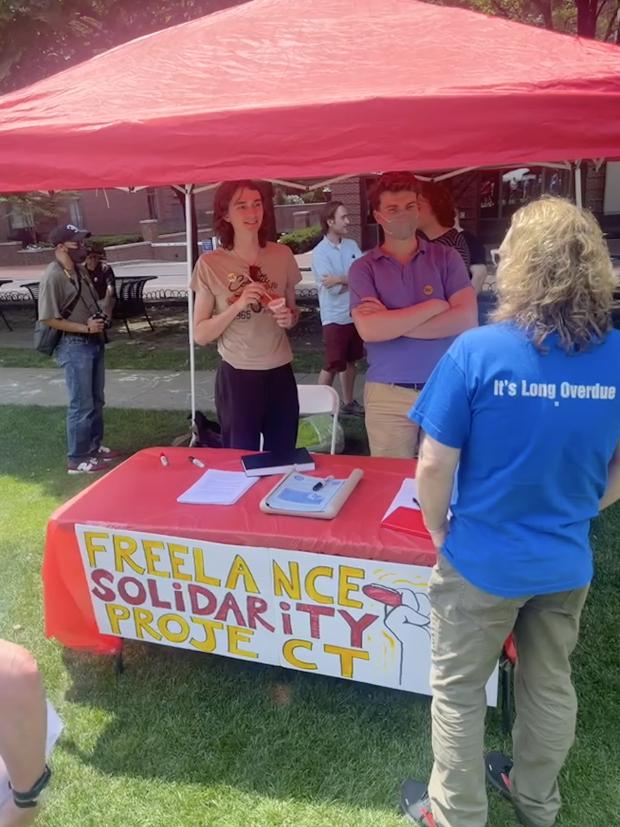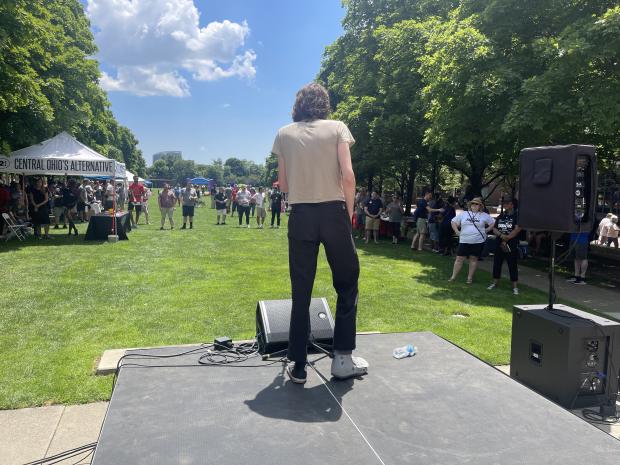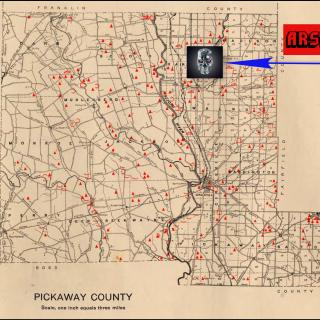Advertisement
Freelance workers in Central Ohio will soon have access to basic wage protections under a new ordinance in the city of Columbus. Columbus City Council is expected to vote in favor of the changes to wage protection laws within the Columbus city municipal code on May Day, Monday May 1.
Members of the Freelance Solidarity Project, which helped draft the ordinance changes, and other labor organizations will gather at the Columbus City Council meeting from 5-6pm on Monday May 1 at City Hall, 90 West Broad St. Members of the public are encouraged to attend to show support for freelance workers in the city.
The new law covers any individual freelance worker hired to provide goods or services by a business based within the city of Columbus. Under the revised code, the hiring party is now required to:
- Provide a written contract for any work that amounts to $250 over a period of 120 days or less. This contract must include the services, the value of the services, the rate and method of compensation, and the payment date.
- If no payment date is specified, payment must be provided within 30 days of service completion.
- Payment must follow the contract terms. The hiring party cannot alter the rate of pay or timing of the payment.
The law also provided additional protections for freelance workers:
- Retaliation against freelancers who seek out enforcement of contract terms is strictly prohibited. This includes denial of future work opportunities.
- The law will be enforced through the filing of complaints by workers with the Wage Theft Prevention and Enforcement Commission in the city of Columbus. The commission is obligated to investigate all complaints. Legal representation will be provided to freelance workers.
This law was sponsored by City Council member Rob Dorans, President Pro Tempore of Columbus City Council and outspoken advocate for labor. Dorans was encouraged by persistent efforts of the Freelance Solidarity Project, a group of freelance media workers organized within the National Writers Union, to adopt legislation to prevent wage theft against freelance workers. The Ohio AFL-CIO also provided crucial support for this legislation.
Freelance or gig workers make up a third of the American workforce. Gig work is a short-term employer-worker relationship based around the completion of particular tasks or small units of labor time. Gig workers are typically managed through direct relationships with their employers, reducing opportunities for collective bargaining. Gig workers are therefore more vulnerable to various forms of wage theft, such as unpaid labor, docked pay, or reduced access to future work opportunities.
Columbus is now the fourth city after New York, Los Angeles, and Seattle to implement basic protections for freelance workers. This legislation represents a template for other municipalities seeking to attract freelance workers by providing basic protections against wage theft. It also establishes principles for the organization of freelance and gig workers nationwide by demonstrating that the fight against wage theft can serve as a common unifying cause for this diverse sector of the workforce.





